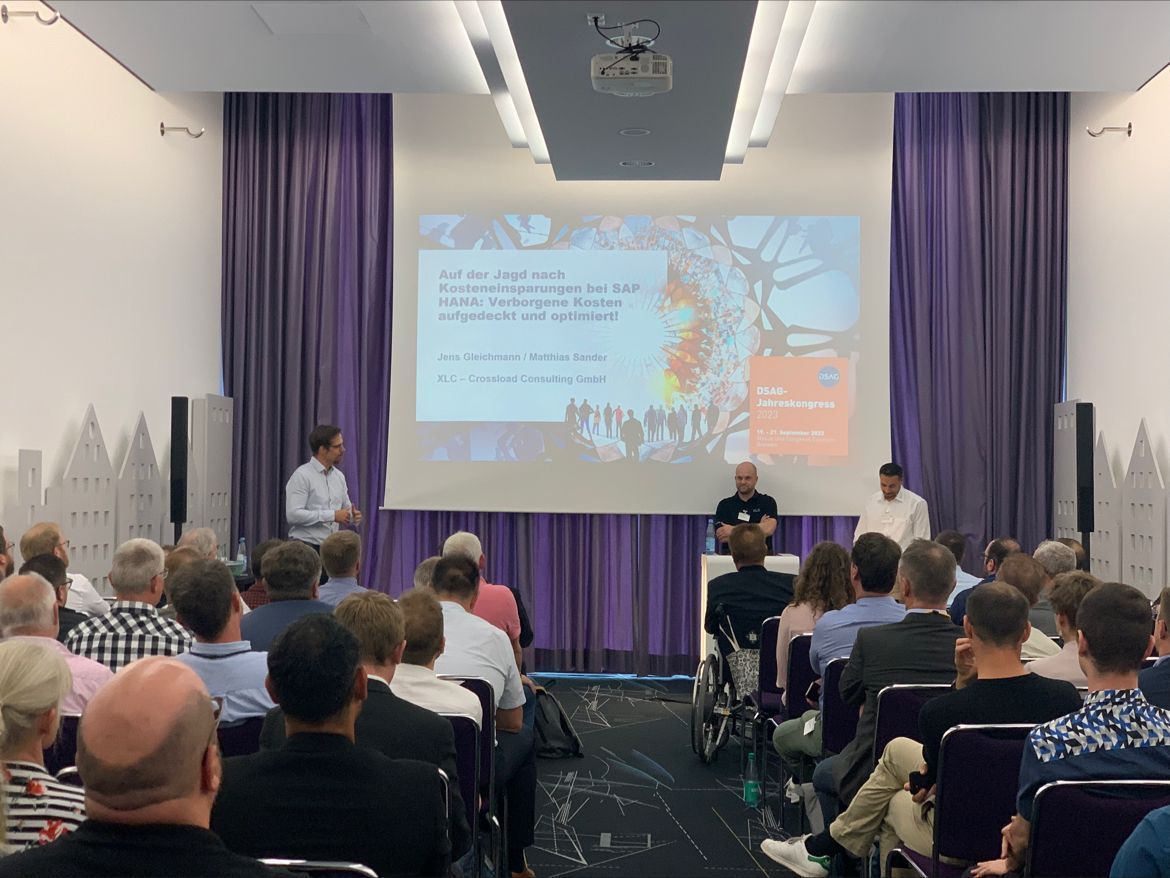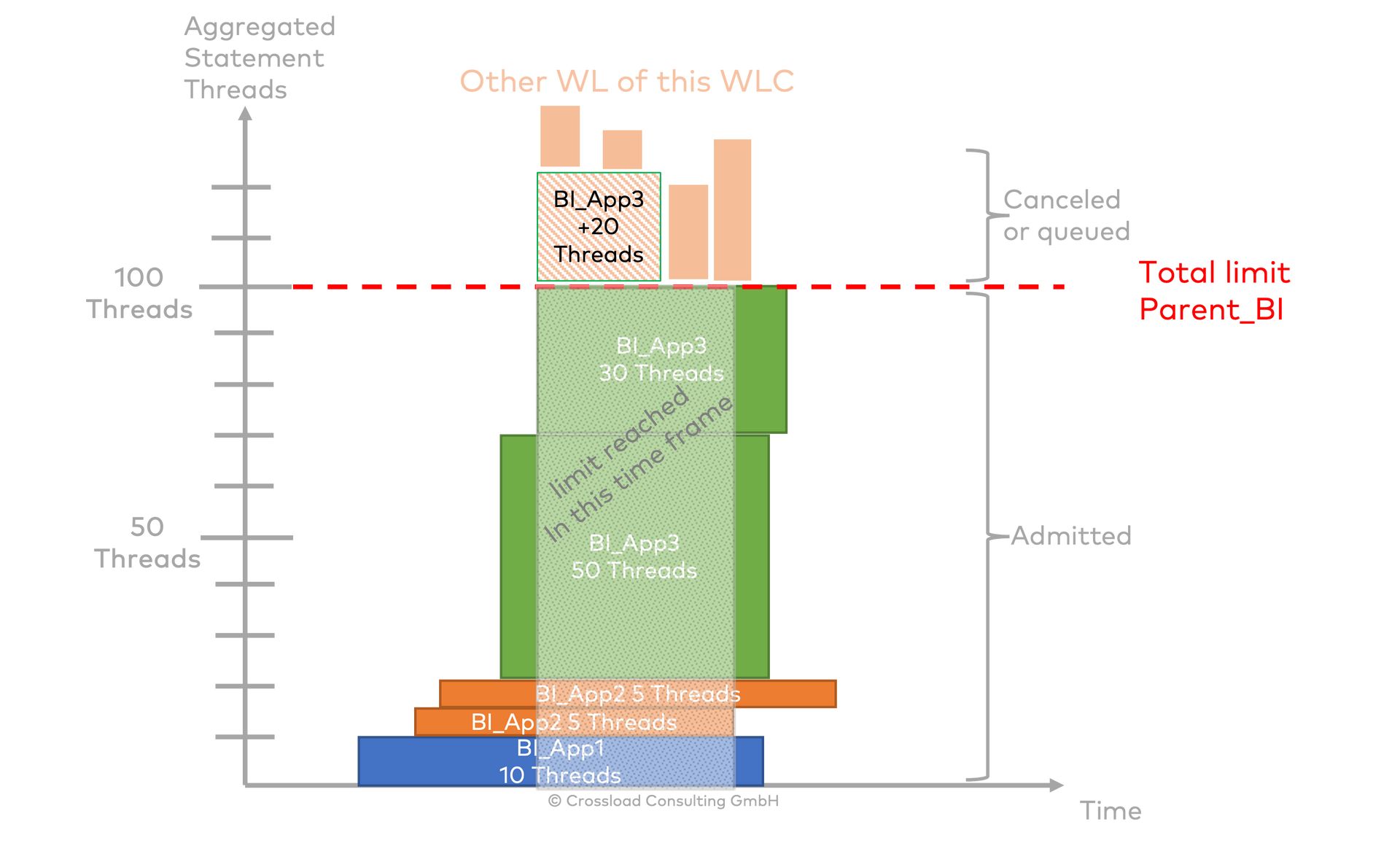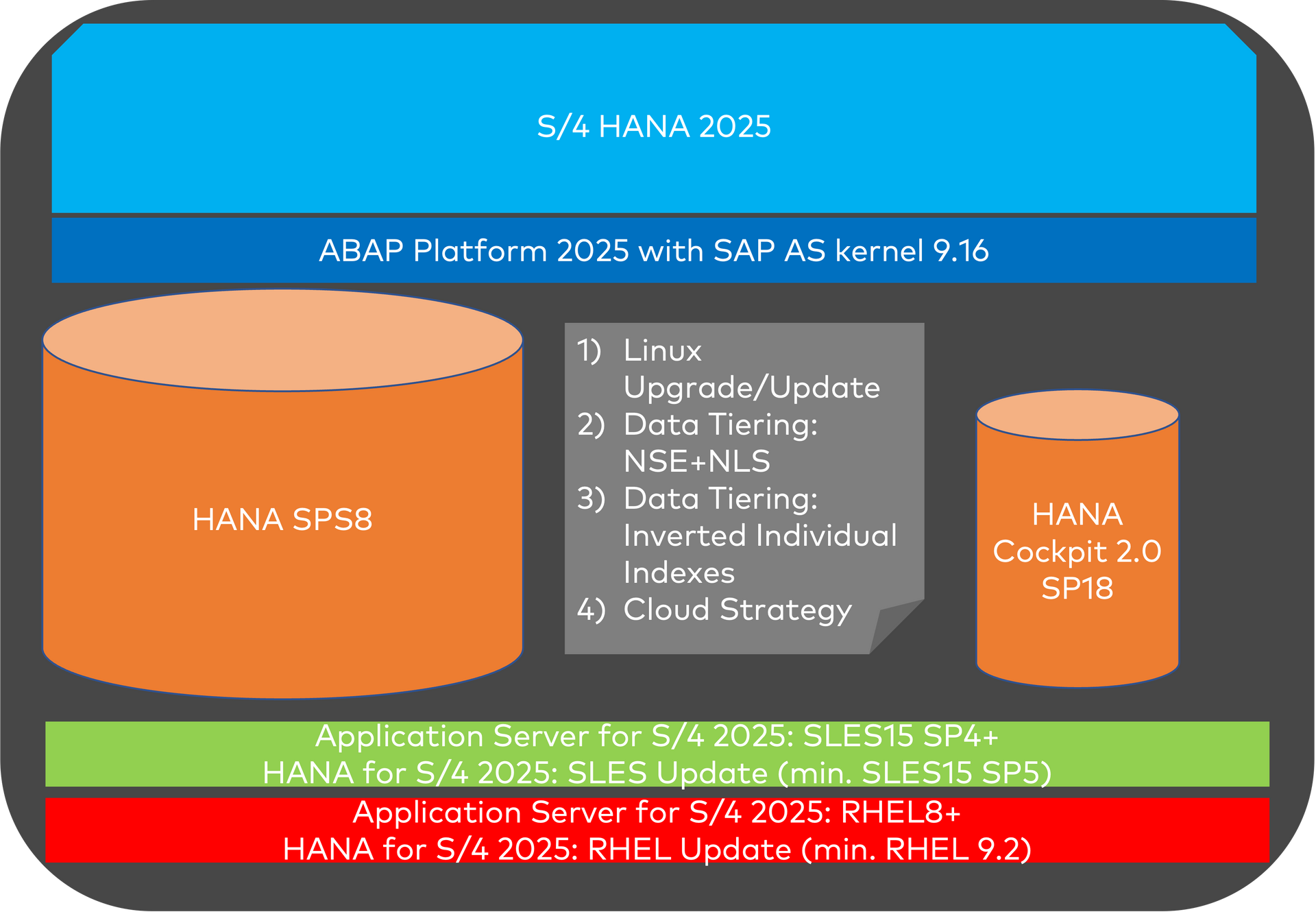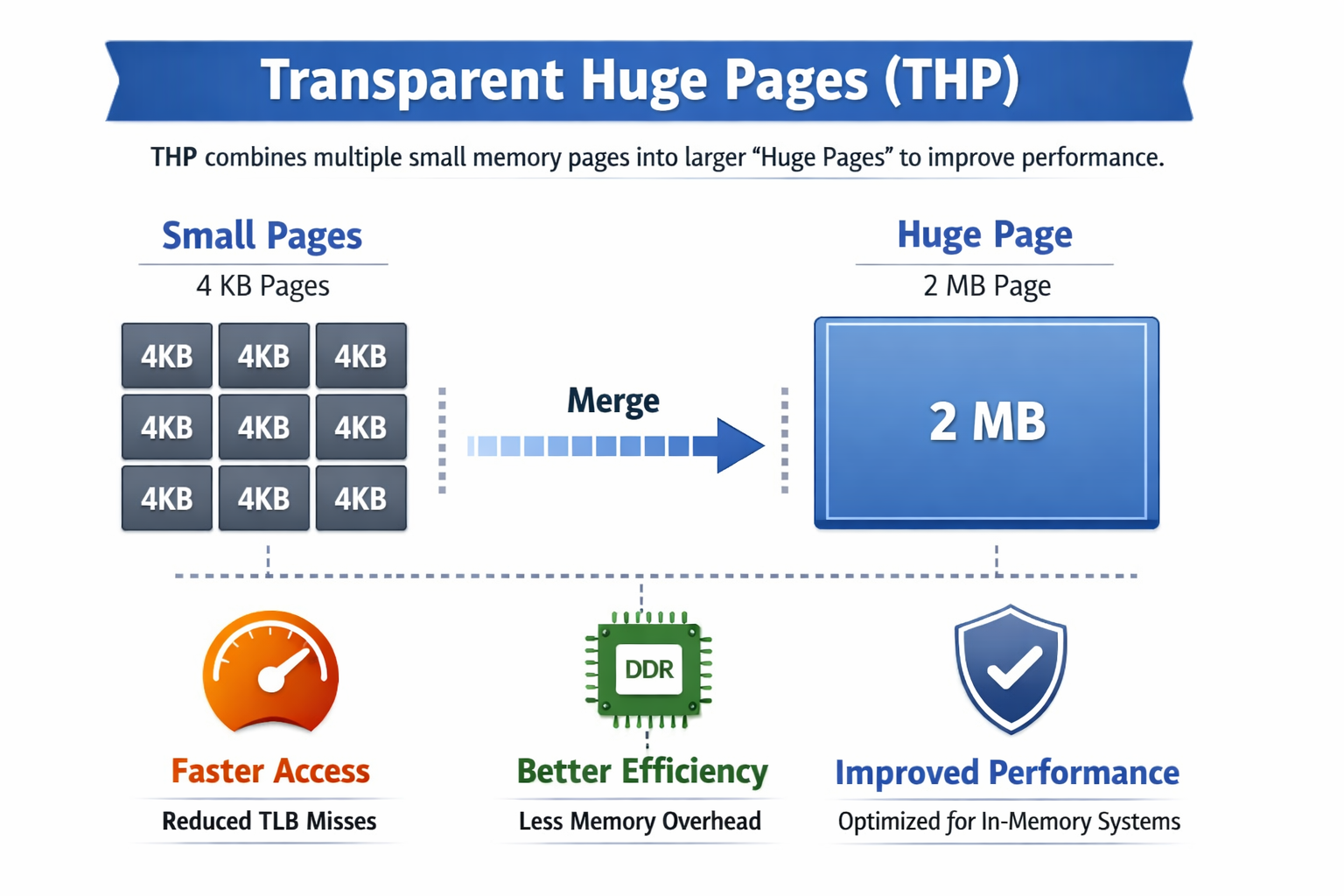Our promises
best practice combined with best experience
SAP HANA To-Do list for 2026
Prepare for the 2026 project year! The following items should be on the agenda: (
Link to the official SAP Release Strategy ):
- S/4 HANA maintenance (details)
- Linux update/upgrade (SLES 15/RHEL 9 is a MUST) for the use of new HANA versions (SPS8+) incl. S/4HANA 2025
- Check S/4HANA Compatibility Packs (details)
- Usage of new HANA features like:
- Data Tiering: NSE (Native Storage Extension) - also usable for BSoH or BW/4HANA!
- Data Tiering: Inverted Individual Indexes
- Data Tiering: NLS (Near Line Storage)
- Partitioning (dyn. Range / Aging)
- Workload Management
- Update / conversion to SAP S/4HANA 2025 (Prerequisite min. HANA SPS8!)
- Performance checks with HANA HEX Engine (details)
- Valid cloud strategy for the coming years (RISE check)
We prepare the way for you with a stable basis based on our best practice and best experience approaches. This also includes security-relevant aspects such as password policies and auditing.
Plan your upgrade, migration or conversion in the context of HANA now.
HANA Performance
Wir führen zusammen mit Ihnen eine Analyse des Systems durch. Dazu benötigen wir keinen direkten Zugriff zu dem betroffenen System. Mit direktem Zugriff via HANA Cockpit können wir den Vorgang auch individualisieren. Unter den Prüfungen befinden sich ebenso Empfehlungen zur Partitionierung.
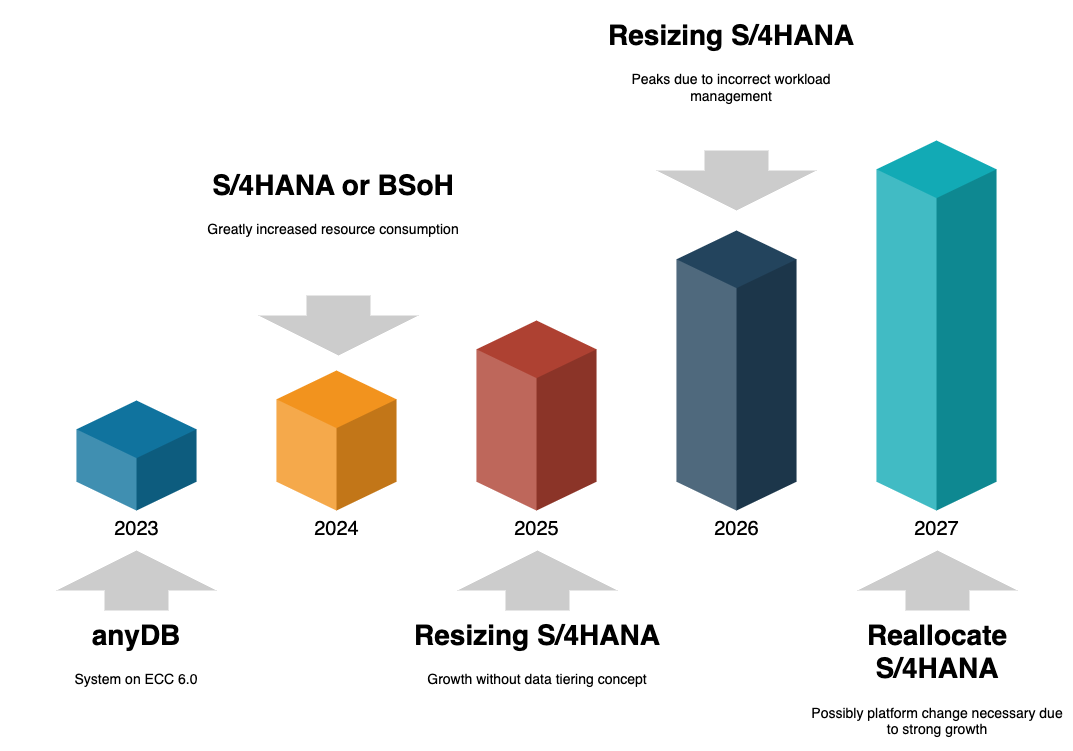
SAP HANA News by XLC

With SPS06 and even stronger in SPS07 the HEX engine was pushed to be used more often. This results on the one hand side in easy scenario to perfect results with lower memory and CPU consumption ending up in faster response times. But in scenarios with FAE (for all entries) together with FDA (fast data access), it can result in bad performance. After some customers upgraded their first systems to SPS07 I recommended to wait for Rev. 73/74. But some started early with Rev. 71/72 and we had to troubleshoot many statement. If you have similar performance issues after the upgrade to SPS07 feel free to contact us! Our current recommendation is to use Rev. 74 with some workarounds. The performance degradation is extreme in systems like EWM and BW with high analytical workload.




